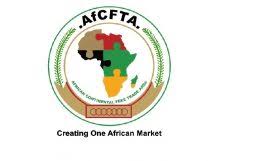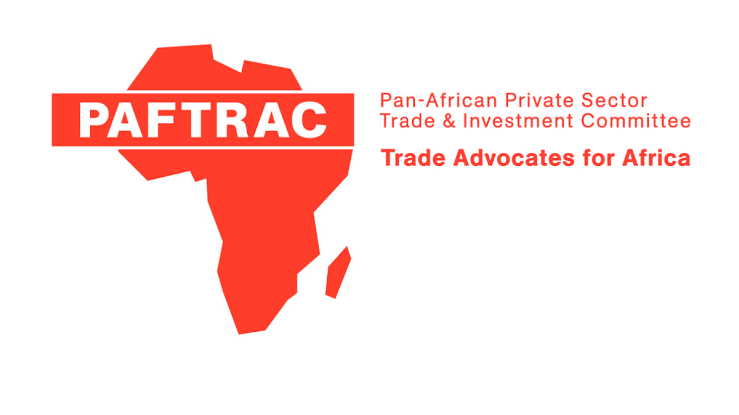The Nigerian government has reaffirmed its commitment to fully harnessing the African Continental Free Trade Area (AfCFTA) agreement to drive inclusive economic growth and deepen regional integration.
At a technical meeting of Nigeria’s AfCFTA Central Coordination Committee in Abuja, the Minister of Industry, Trade and Investment emphasized that the implementation of the trade agreement aligns with President Bola Tinubu’s broader agenda of diversifying the economy and accelerating national growth.
The minister noted that since the AfCFTA agreement came into force in 2019 alongside protocols on trade in goods, services, and dispute settlement—African nations have made meaningful progress. With 49 out of 55 African Union member states ratifying the agreement, she said Nigeria stands at a crucial juncture as it navigates changing global trade dynamics.
She highlighted how the disruptions in global economic development have intensified the need for stronger intra-African trade, adding that traditional markets alone can no longer sustain national growth aspirations.
Acknowledging the strategic and technical support of the United Nations Development Programme (UNDP), the minister said their partnership continues to play a vital role in driving AfCFTA implementation. She called for the expansion of Nigeria’s export base within Africa, noting that deeper continental trade ties would help insulate the country from global economic shocks.
According to her, developing the necessary infrastructure and embracing new technologies are now priorities, along with fostering stronger partnerships across international institutions, including the UN, United States, and European Union. These partnerships, she said, are critical to reshaping Nigeria’s trade strategy in line with AfCFTA goals.
The minister revealed that the ministry, with UNDP support, had launched a comprehensive technical assessment of Nigeria’s readiness to implement both Phase 1 and Phase 2 protocols of AfCFTA. A dedicated technical working group is currently mapping Nigeria’s obligations across legal, policy, administrative, and institutional frameworks to identify gaps and realign strategy for long-term impact.
She stressed that this approach must be evidence-based and deliberate, adding that the partnership with UNDP has already led to the deployment of trade intelligence tools, policy advisory services, and capacity-building programmes to empower Nigerian businesses to engage effectively in the AfCFTA environment.
The minister urged all stakeholders to contribute meaningfully to the review process, ensuring that the outcomes provide practical insights for Nigeria’s regional implementation of the agreement. She called for unity in positioning Nigeria not just as a participant, but as a leader in Africa’s economic transformation.
The Permanent Secretary of the Ministry of Industry, Trade and Investment added that the meeting aims to enhance policy coherence and improve coordination mechanisms to better meet Nigeria’s commitments under AfCFTA.
The UNDP’s AfCFTA Coordinator also reiterated the agency’s commitment to supporting Nigeria in identifying opportunities that would attract investment and stimulate sustainable growth.










